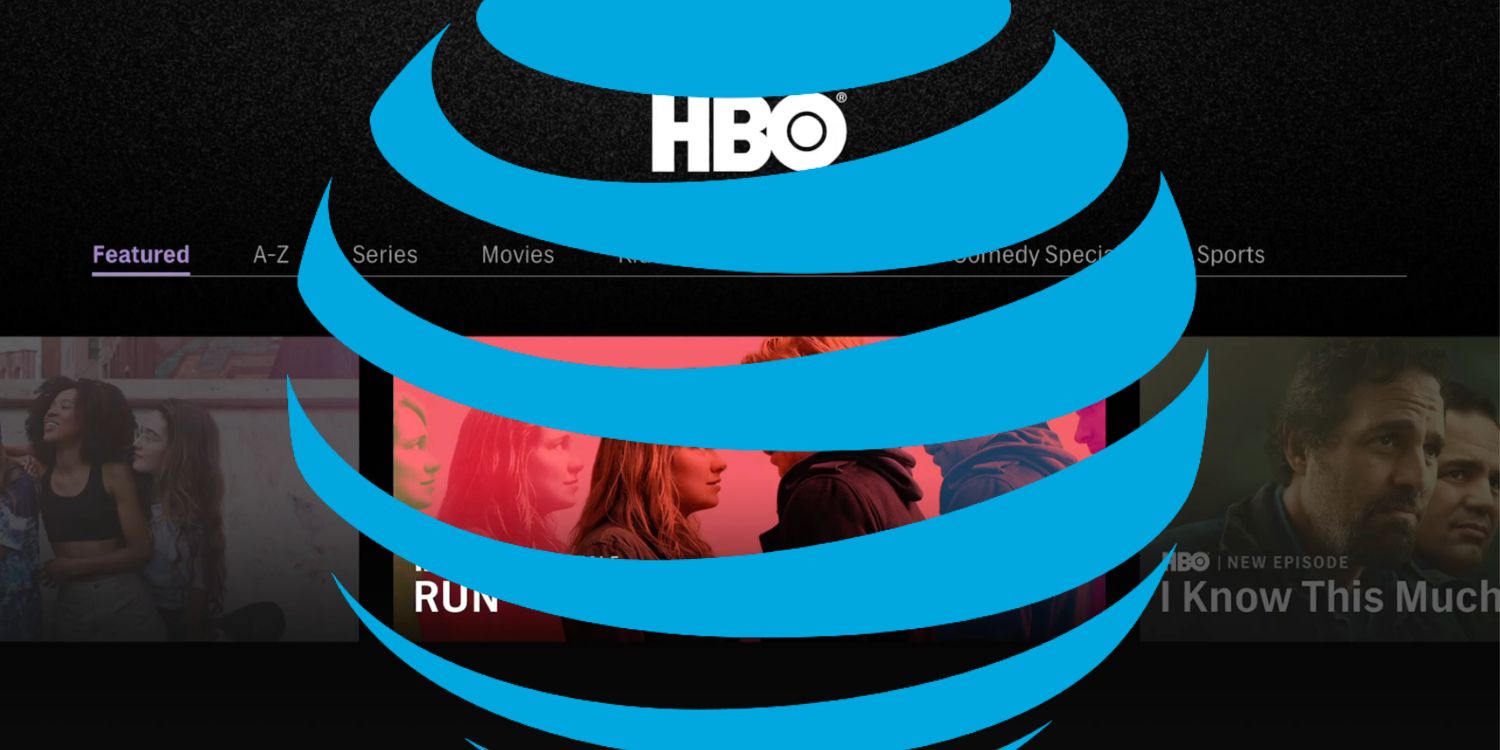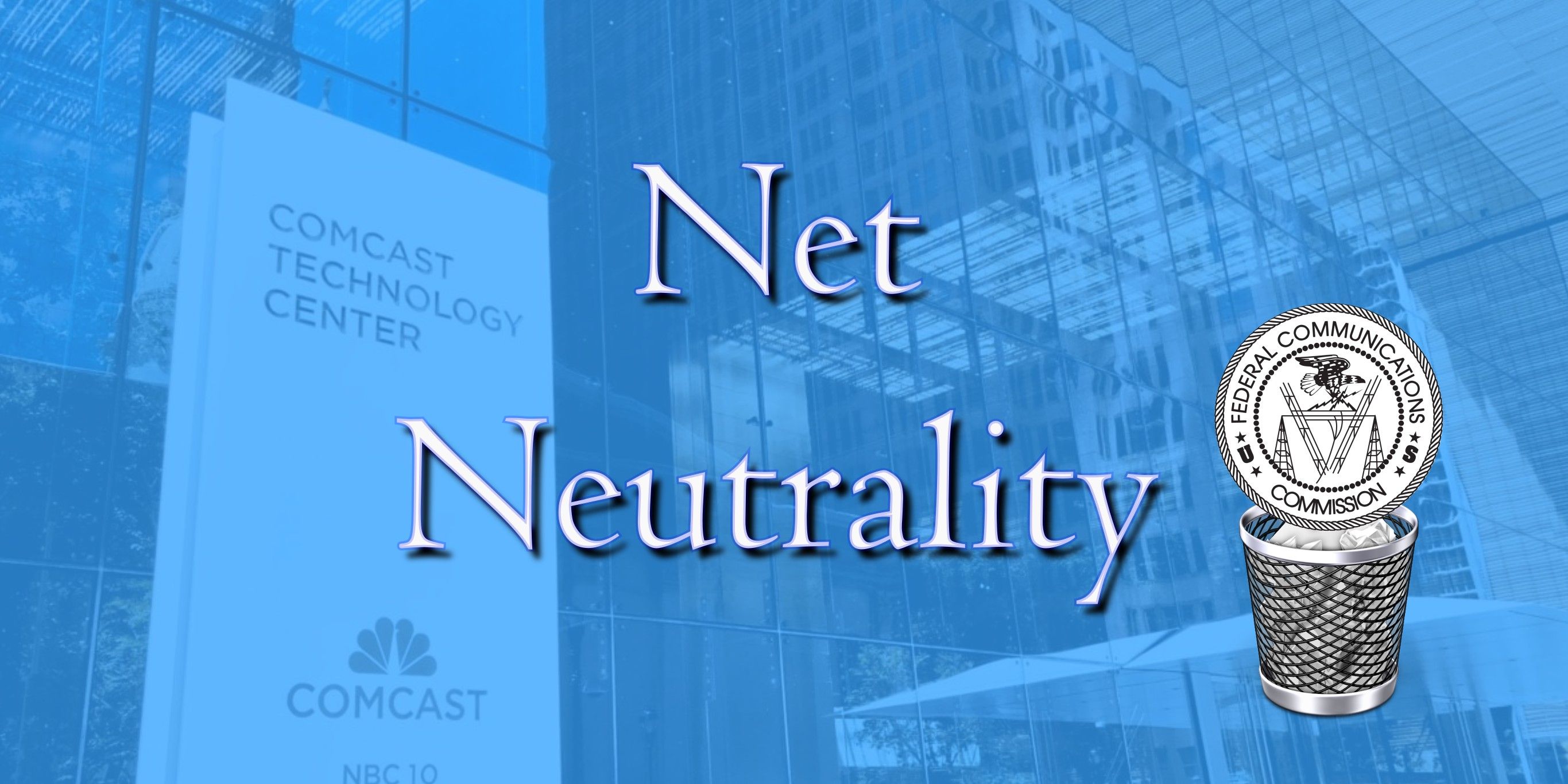AT&T has said in a terse statement that last month's ruling by a federal judge to allow California’s net neutrality law to go into effect goes too far. The ruling was seen by open internet advocates and consumer groups as a big win for consumers. Net neutrality, in its broadest sense, requires that ISPs treat all traffic the same, with no throttling bandwidth, no blocking websites, and no favoring certain content over that of competitors. Users of a specific service like Hulu, for example, cannot have their traffic slowed down because they don’t pay a premium to the ISP, Facebook users cannot be made to pay more than TikTok users because of a background deal between an ISP and TikTok, and ISPs cannot block specific content.
Last month's decision is the latest battle in the decades-long war over how closely internet networks should be regulated. In 2017 the Trump administration repealed FCC regulations ensuring net neutrality for consumers in all 50 states. States like California swept in to fill the void with their own laws, but just as California’s law was slated to go into effect, the telecom companies used court challenges to bring the effort to a standstill. It’s those roadblocks that the recent judicial action is lifting. U.S. District Court Judge John Mendez ruled that California’s 2018 net neutrality law could be enforced, the impact being that ISPs have to treat all internet traffic the same. AT&T previously allowed its customers to stream HBO Max — an AT&T-owned property — without it counting as data usage, while non-AT&T streaming services still have their traffic count against a customer’s data limits. That practice, called zero-rating, has allowed AT&T to prioritize the company’s content, generating revenue at the ISP’s sister properties.
The practice may be on its last legs, though. AT&T is the first to admit that the internet doesn’t recognize state boundaries and any limitations in California will certainly impact other states. The company feels strongly that it owns the network, and that it should have the final say in all aspects of that network. In its Wednesday statement, AT&T said that its ‘sponsored data services’ have delivered value and saved customers money. It also said that the new law "ends our ability to offer California customers such free data services," which it doesn't — it just means that AT&T would have to extend the same benefit to other streaming platforms.
Net Neutrality: Why Some Disagree With AT&T
Net neutrality supporters disagree with AT&T. They say these aren’t typical services and the internet is no typical business. Instead, the thinking is that the internet operates more like a utility. The ISPs’ role is to provide a pipe allowing the bits and bytes that compromise your news stories, social media, and movies to make it to your devices unencumbered.
For the first time in years, net neutrality advocates feel like they have the wind at their backs. In addition to California, Oregon and Washington have net neutrality laws on the books. Several other states have legislation in the works that has yet to be passed. And at the Federal level industry watchers are hopeful, as President Joe Biden campaigned as a strong supporter of net neutrality.
Source: AT&T


